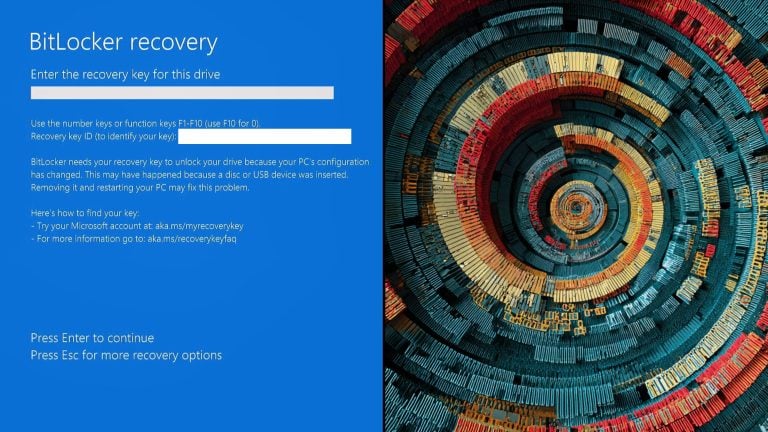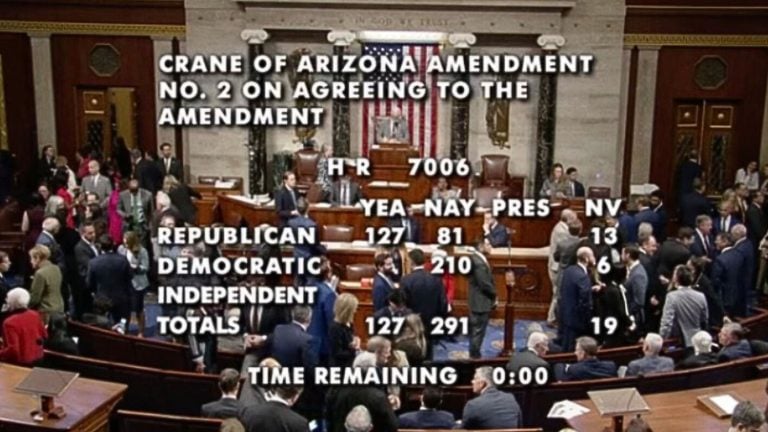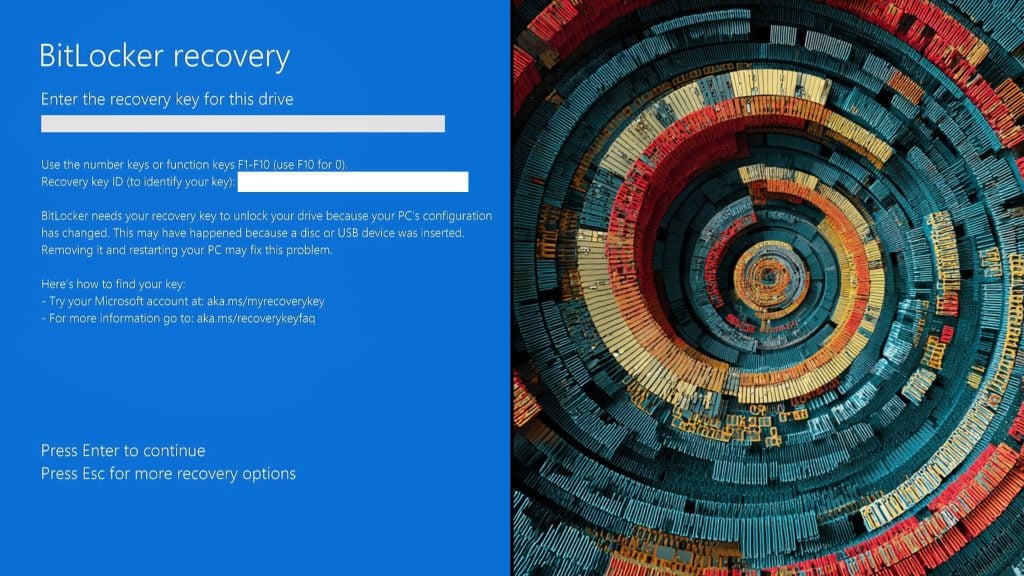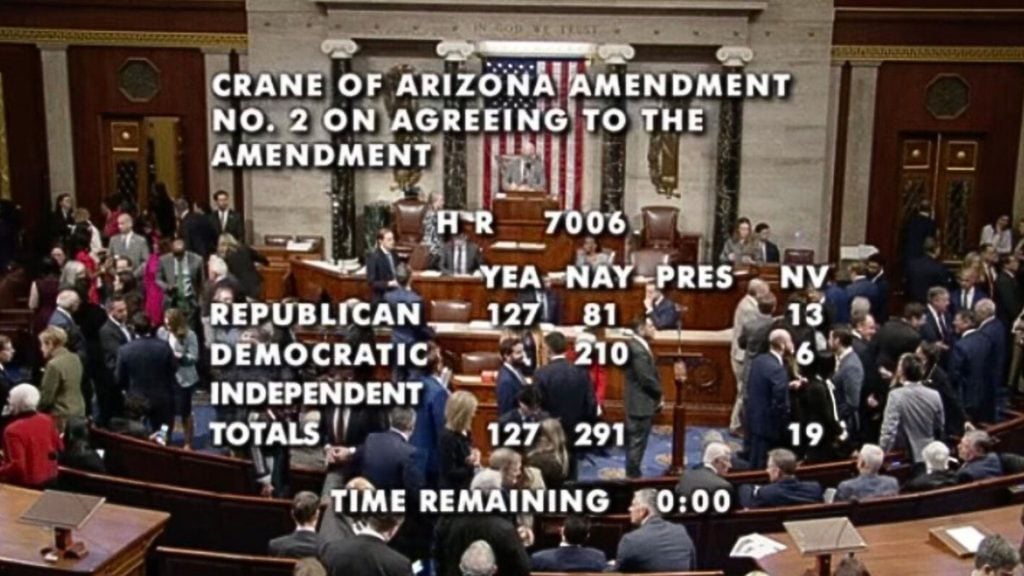Arizona is set to activate a controversial law that requires adult websites to implement digital ID age checks for users, including biometric verification.
Starting Friday, any site with more than one-third of its content labeled as “harmful” to minors must restrict access to adults who can verify their age through systems that may involve uploading selfies and matching them to government-issued ID.
Under House Bill 2112, parents gain the power to take legal action against platforms that fail to comply.
They can seek $10,000 in damages for each day a site remains accessible to minors without proper screening. Courts may also issue fines of up to $250,000 if a lack of verification leads to a minor accessing the content.
While supporters frame the measure as a necessary step to keep children away from adult material, privacy concerns remain front and center.
The process of submitting personal identification data raises the risk of surveillance, identity theft, and misuse of sensitive information.
Lawmakers attempted to address those issues by adding a clause that prohibits verification providers from storing user data. The legislation also imposes $10,000 penalties for any instance of sharing information with federal, state, or local authorities.
One of the strongest responses has come from Aylo, the parent company of Pornhub. The company has stated it will block access to its services in Arizona, mirroring its actions in 21 other states where similar laws have taken effect.
Aylo has remained opposed to biometric verification mandates and has pulled out of every jurisdiction that enforces them.
The Free Speech Coalition, a trade group representing sites, argues the responsibility for verifying user age should fall on technology platforms or at the device level, not on content creators or distributors.
“There are far fewer issues in terms of getting consumers to upload their ID because they’re not uploading it every time they’re going to an adult site,” said the Coalition’s spokesperson, Michael Stabile.
He pointed to parental controls as a more practical approach than repeated identity checks.
However, that argument has already lost ground in court.
In the Texas case Paxton v. Free Speech Coalition, the US Supreme Court declined to take up the industry’s challenge, leaving similar legislation intact and likely weakening any comparable legal efforts.
Representative Nick Kupper, who backed the Arizona law, acknowledged that it won’t completely prevent minors from accessing explicit content.
He admitted that some children will still find workarounds using VPNs, shared devices, or offline material. “We as the government are not making that call,” he said. “It will ultimately be up to the courts to make the call.”
Civil liberties groups argue this creates a dangerous precedent, with the potential to suppress lawful content under the guise of protection.










